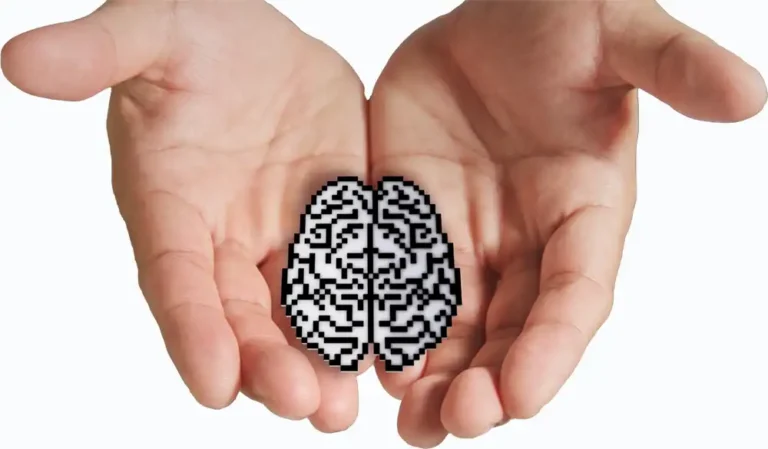Parents know there’s something wrong. Their child has been to the pediatrician and the medical work up is unremarkable – but something is off. A parent’s instinct is often more helpful than clinical tests. If a parent is concerned, it’s everyone’s job to listen.
In order to meet clinical criteria for major depression, symptoms last over two weeks. Changes in sleep patterns, concentration, and appetite are common. Children’s grades often deteriorate and they may refuse to participate in activities that they were previously passionate about. Irritability, poor energy, school truancy and isolation are signs that must be monitored.
Many parents worry about suicide. Not all individuals with depression have suicidal ideation. However, when children and adolescents express suicidal ideation or thoughts of self-injurious behavior, immediate intervention is critical. 911 should be called so a mental health professional can evaluate further.
If a child or adolescent refuses to see a mental health professional, there is a procedure that involuntarily requires a mental health evaluation. A Baker Act is a document that mandates a person be evaluated by a mental health professional—who then determines whether involuntarily commitment to a hospital is warranted. Many parents incorrectly assume that initiation of a Baker Act is synonymous with an arrest. It is not an arrest and is not meant to be punitive. Its purpose is to ensure the safety of people by requiring a psychiatric evaluation.
Recognizing changes in your child’s behavior and knowing symptoms of depression is crucial. Seeking help can sometimes mean saving a life.












